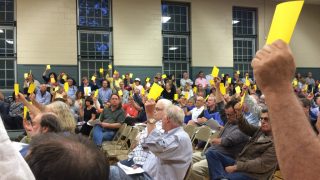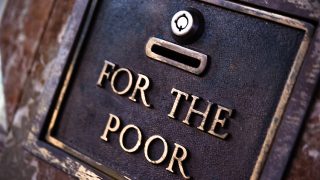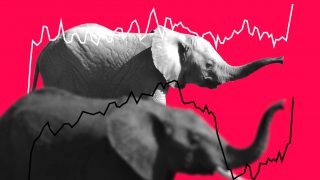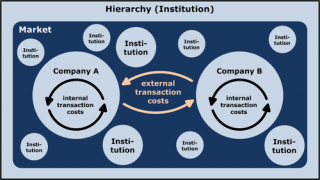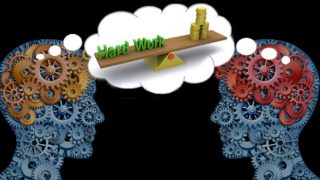
The environmental justice movement meets Economics
It is generally considered that equality of opportunities means equal access to education and health. When the society considers that some goods like school and vaccines must be consumed by everyone, economists define them as “merit goods”, which deserve a special treatment, as in the case of public goods or goods that cause consumption externalities […]
